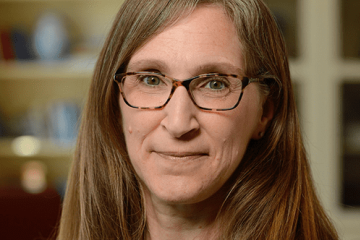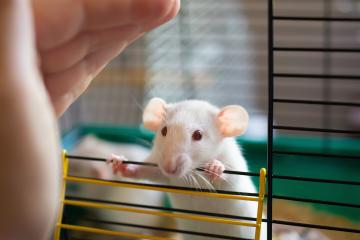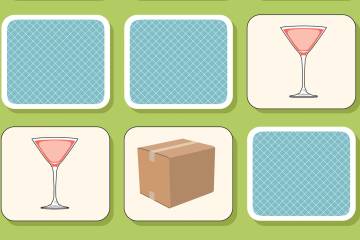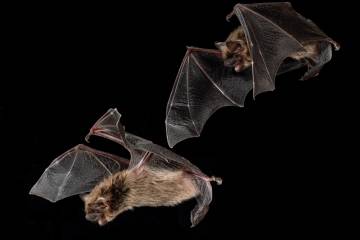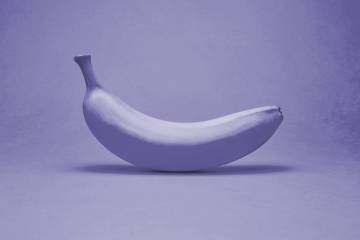In memoriam
Visionary cognitive neuroscientist Susan Courtney dies at 57
Published June 13, 2024Courtney's research focused on understanding the neural basis of higher cognitive function, and she was especially interested in how brain structure was affected by aging or disease




